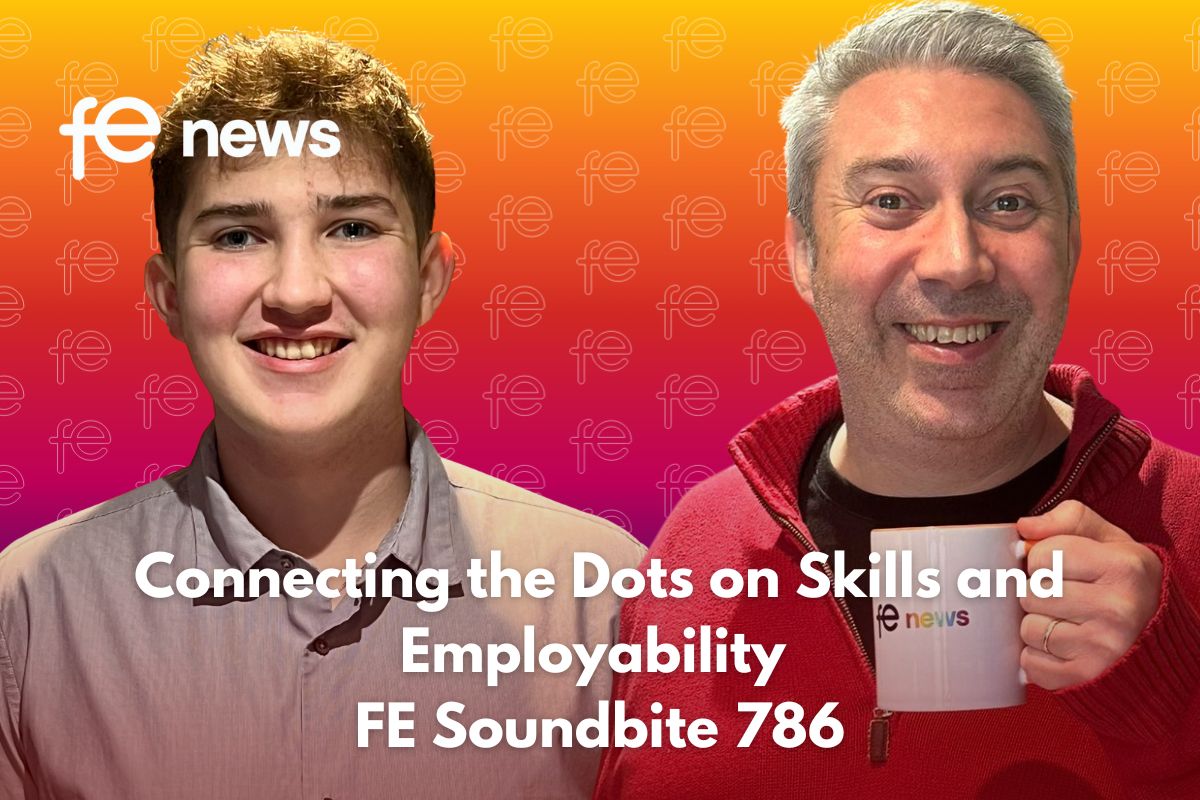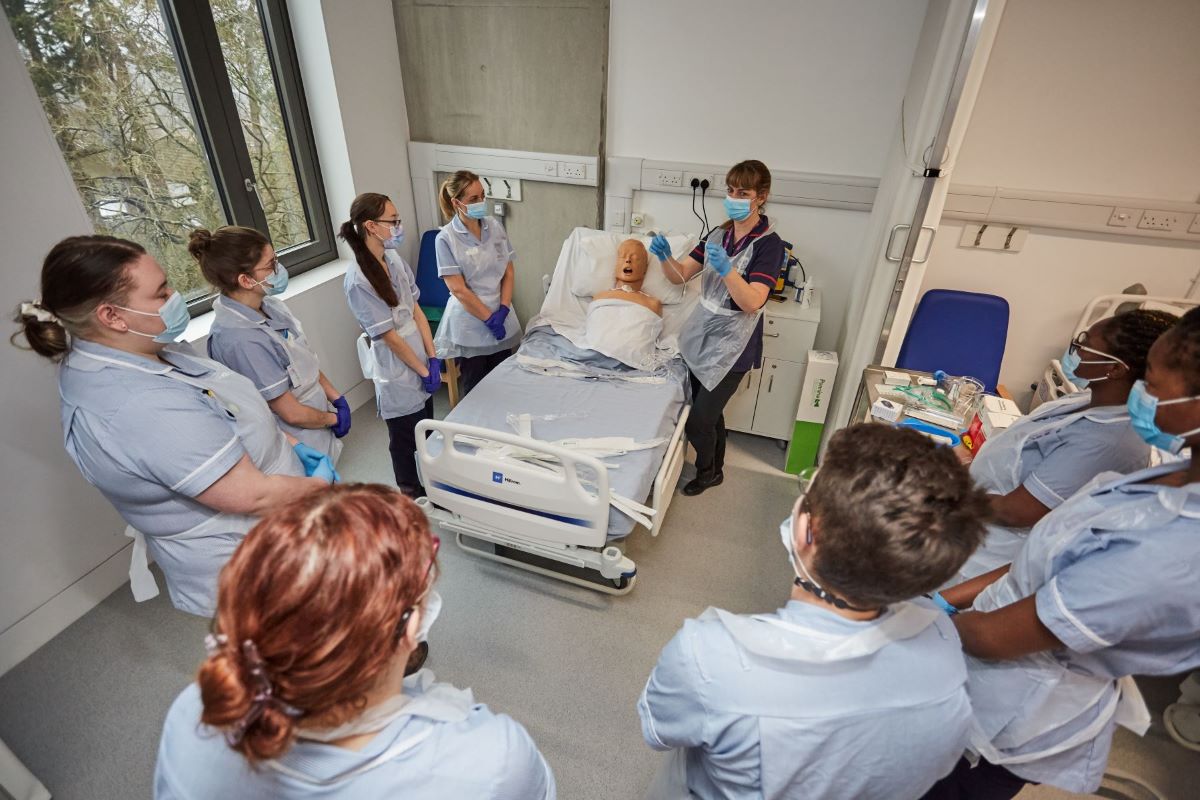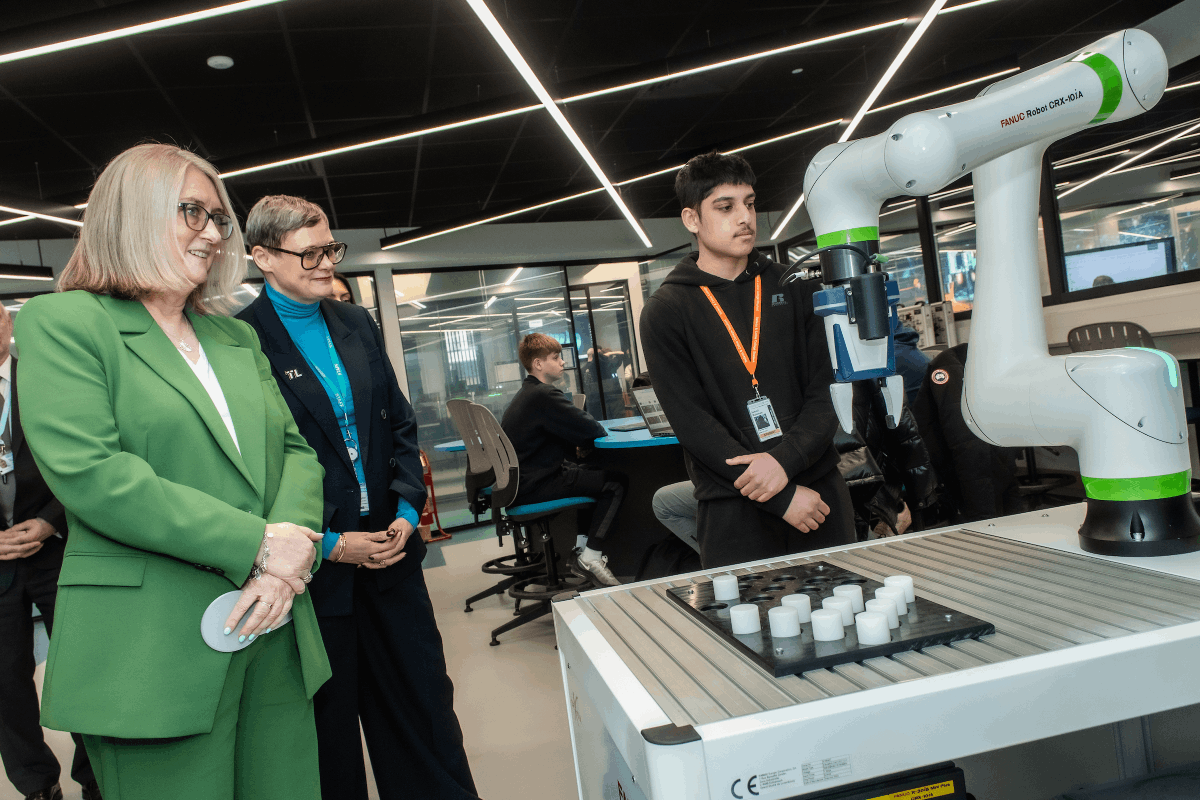Experiences of young people through education into employment tracked over eleven year period

Key findings from a longitudinal study that tracked the experiences of 82 young people with vision impairment over 11 years (from age 14 to 25) to understand why this population is vulnerable to becoming long term NEET (not in education, employment or training).
The Vision Impairment Centre for Teaching and Research at the University of Birmingham and Thomas Pocklington Trust are hosting a conference next week (22-25 June) which is the culmination of the decade-long study.
Over the course of the research, we identified evidence of ‘churning’, particularly amongst participants in the FE sector. Churning is characterised by the young people repeating years in college, or repeatedly taking courses at the same level (or even lower levels) and appearing not to make a positive progression.
A significant barrier during the application process to HE was accessibility of the Universities and Colleges Admissions Service (UCAS) system. Particular problems observed through the research is the lack of support in place in time for students starting their studies and institutions not putting agreed reasonable adjustments into place for exams and assessments.
Whilst over half of the participants successfully secured employment by age 25, many of the young people faced challenges in accessing the labour market which lengthened the time it took them to do so – and the types of employment that they secured were part time, zero hours contracts or at a lower level than the graduate level (for which they would be qualified).
Of particular concern are the low aspirations from Job Centre Plus staff towards young people with vision impairment, many directing them towards benefits rather than helping them to access the labour market.













Responses